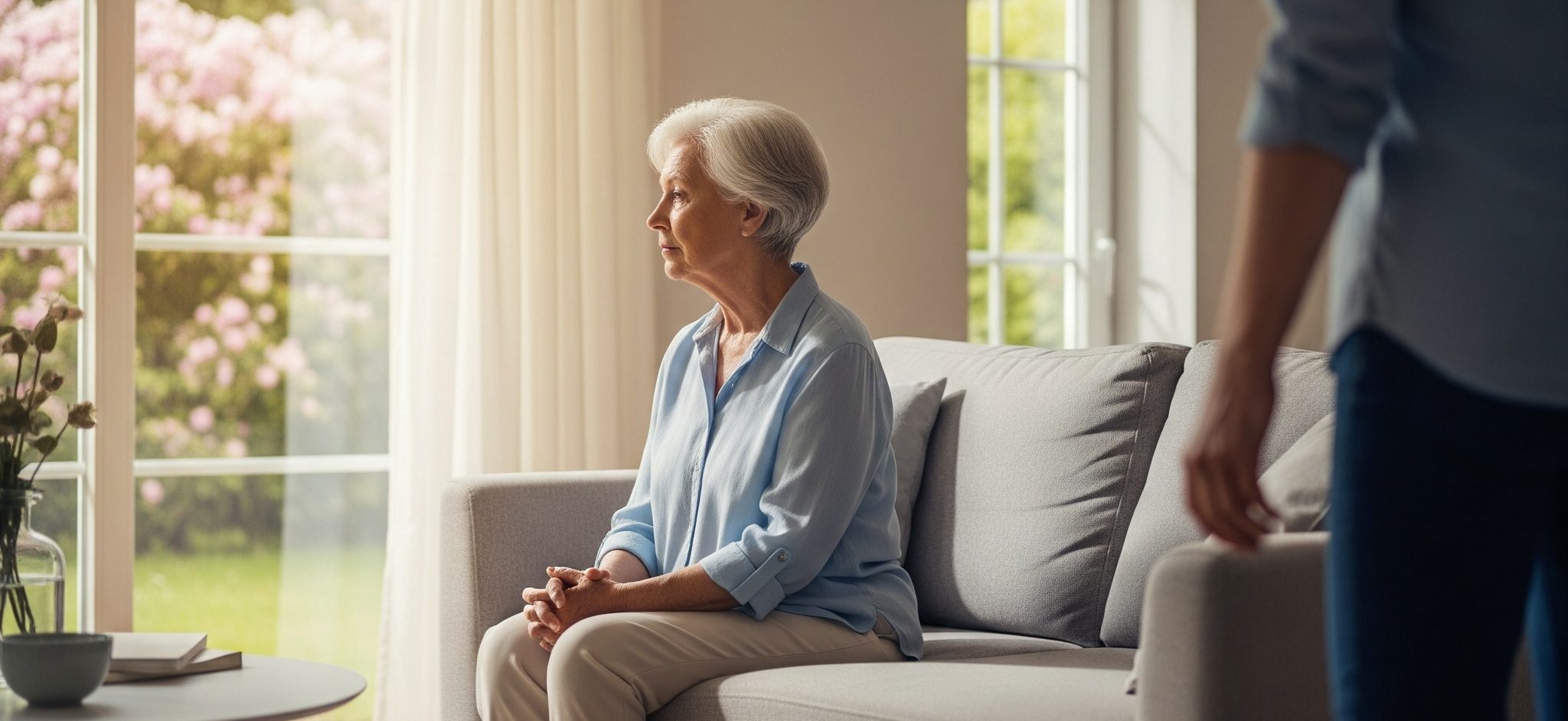The COVID-19 pandemic didn’t just leave physical health challenges—it left deep emotional scars, especially for seniors. Even as life returns to normal, many older adults struggle with the hidden aftershocks such as loneliness, cognitive decline, and a loss of purpose. This article draws from trusted medical research, psychological studies, and our firsthand caregiving insights to explore warning signs of depression and anxiety and the effective strategies to help seniors recover emotionally and mentally in the post-pandemic world. Whether you’re a concerned family member or a professional caregiver, this guide offers compassionate, expert advice to rebuild joy, confidence, and connection in your loved ones’ lives.
Understanding the Emotional Toll of the Pandemic on Seniors
For many seniors, the past few years were filled with extended periods of loneliness, limited contact with family and the grief of losing friends or spouses to COVID. The fear of catching COVID-19 led to delayed medical visits and reduced social outings, which only worsened their emotional state. Lack of mental stimulation and routine has caused not just physical decline but deep emotional fatigue.
Recognizing Signs of Depression and Anxiety in Seniors
Unlike younger adults, seniors may express mental health issues differently. Watch for these signs:
- Withdrawal: Avoiding calls, outings, or hobbies they once enjoyed.
- Mood Shifts: Unusual irritability, sadness, or emotional numbness.
- Sleep/Appetite Changes: Sleeping too much or too little; sudden weight loss/gain.
- Memory Slips: Forgetfulness beyond normal aging, that is not tied to dementia. Early detection is key to helping your loved ones receive the right support.
- Physical Complaints: Regular fatigue or body aches without clear cause
- Irritability or low mood: Increased irritability, sadness, or confusion.
Practical Ways to Support Senior Mental Health
- Rebuild Routine & Stability
- Set consistent meals, activities, and sleep schedules.
- Reintroduce structure gently—morning walks and hobbies like gardening, knitting, or music.
- Encourage light responsibilities like helping to set the table or watering plants to foster a sense of purpose in them.
- Encourage Social Reconnection
- Arrange small family gatherings or park visits and help them join senior clubs.
- Encourage group therapy, or even laughter yoga sessions, which help release stress and promote emotional well-being.
- Promoting Physical Health to Support Mental Wellness
- Gentle exercise, yoga, and a balanced diet rich in omega-3s and antioxidants can boost mood naturally.
- Daily walks or chair yoga improve mood and mobility. Try seated exercises if mobility is limited.
- Explore Therapy Options
- Geriatric counselors or psychologists trained in senior mental health can help seniors process grief, fear, or trauma.
- Don’t hesitate to explore Online counseling for seniors who are hesitant to travel.
- Keep Them Engaged and Give Emotional Reassurance
- Ask for their advice on family decisions to make them feel valued
- Encourage open conversations about their feelings without judgment. Your reassurance is their strength.
Role of Professional Elder Care in Emotional Recovery
Trusted elder care providers play a crucial role in helping seniors bounce back emotionally. Trained caregivers provide:
- Companionship that reduces feelings of isolation
- Emotional and cognitive engagement through conversation and activities
- Medication reminders and support for therapy appointments
- A sense of safety and consistency can be achieved through trustworthy and supportive assisted services, as emotional healing is equally important as physical health.
At Atri Senior Care, we believe that every senior deserves not just care, but genuine connection, dignity, and joy. Our staff are specially trained in elder psychology and geriatric care, ensuring your loved one receives compassionate, personalized, and consistent emotional support. Book an appointment today and take the first step toward their emotional wellness.
